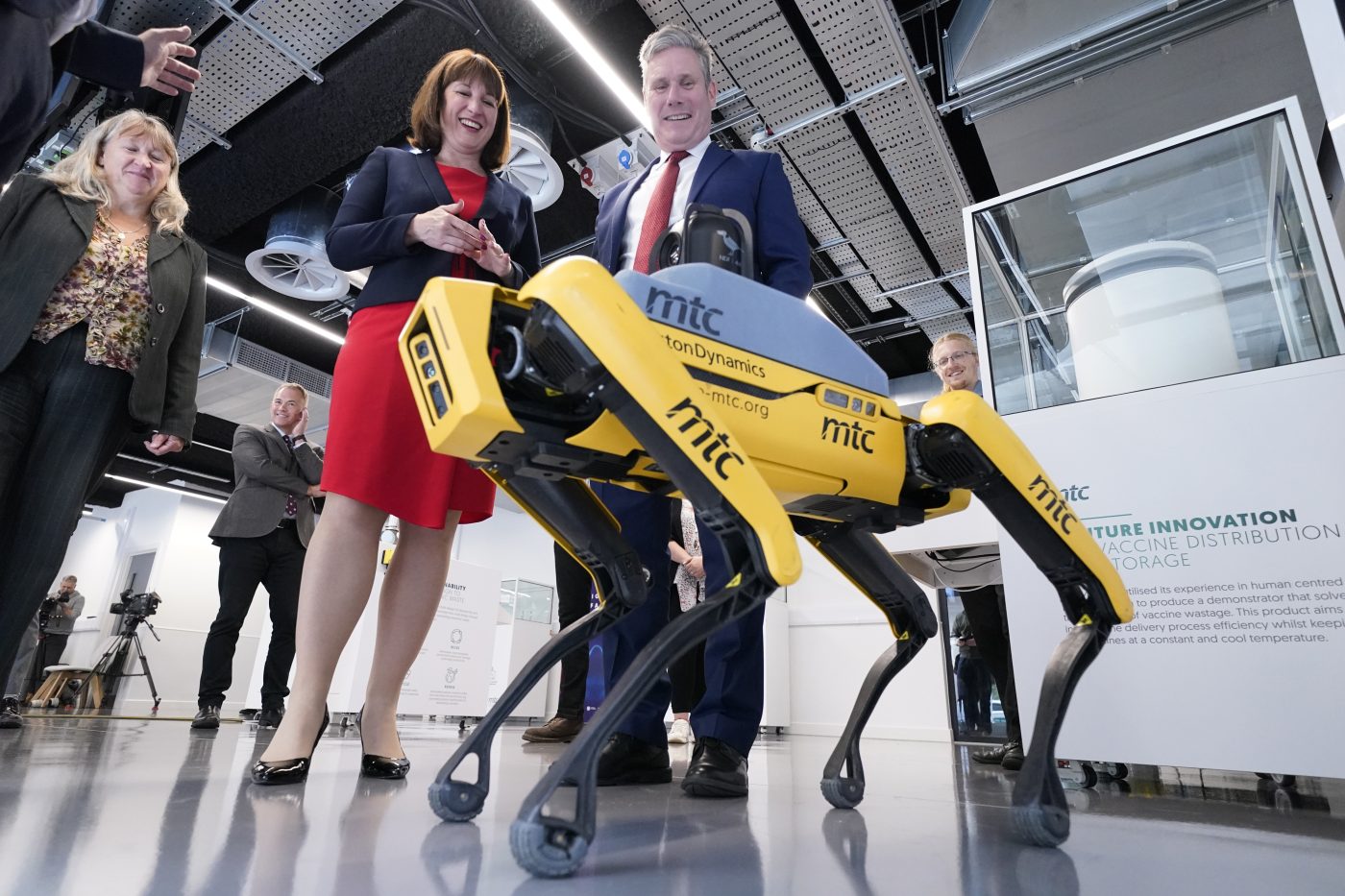
Samsung Takes a Leap into the Future of Wearable Technology
In a bid to revolutionize the world of wearable technology, Samsung has unveiled its latest premium smartwatch, the Galaxy Watch Ultra, and a smart ring, the Galaxy Ring, both of which are infused with artificial intelligence (AI) features designed to help users monitor and manage their health.
Image: A person wearing a smartwatch
With a price tag of $650, the Galaxy Watch Ultra is nearly twice as expensive as its standard counterpart, the Galaxy Watch 7, which retails for $350. However, the premium smartwatch offers advanced features such as AI-driven health monitoring, flagging sleep apnea, and personalized fitness coaching.
Meanwhile, the Galaxy Ring, priced at $400, is a more affordable and stylish option that still packs a punch when it comes to health monitoring. With a battery life of six to seven days, the ring is a convenient and discreet way to track your health and wellness.
Both devices are part of Samsung’s push to integrate AI technology into its products, a trend that is gaining momentum across the tech industry. Google and Apple have already incorporated AI features into their smartphones, and Microsoft is doing the same with its Windows software.
The AI features on Samsung’s new devices are focused on improving and maintaining personal health, the main reason people buy wearable technology. The devices use AI to analyze biometric data collected from the user to provide a personalized “energy score” that delivers ratings on a scale of 1 to 100 and offers recommendations for improvement.
Image: A person checking their energy score on their smartwatch
While the Galaxy Watch Ultra is the more sophisticated of the two devices, the Galaxy Ring has its own advantages. It requires less frequent recharging and is a more stylish option for those who want a fashionable wearable device.
However, Samsung is not the only player in the smartwatch market. Apple has been dominating the market for years, and its focus on health features has been intensifying. Samsung will need to compete with Apple’s established reputation and user base.
According to Gartner, worldwide sales of smartwatches are expected to reach $29 billion this year, with over 164 million devices being sold. The market is expected to grow to $195 million in 2028.
Samsung is also entering the smart ring market, which is still in its infancy. While startups like Oura and RingConn have been experimenting with smart rings, the market is still relatively small. Gartner expects the smart ring market to generate $2.4 billion in sales this year and rise to $4.6 billion in 2028.
Image: A person wearing a smart ring
In other news, Samsung is continuing to update its foldable phone, the Galaxy Z Fold 6, with new camera and AI features. The device will sell for $1,899.99.
Meanwhile, unionized workers in South Korea have gone on an indefinite strike to pressure Samsung to accept their demands for higher pay and better benefits.














